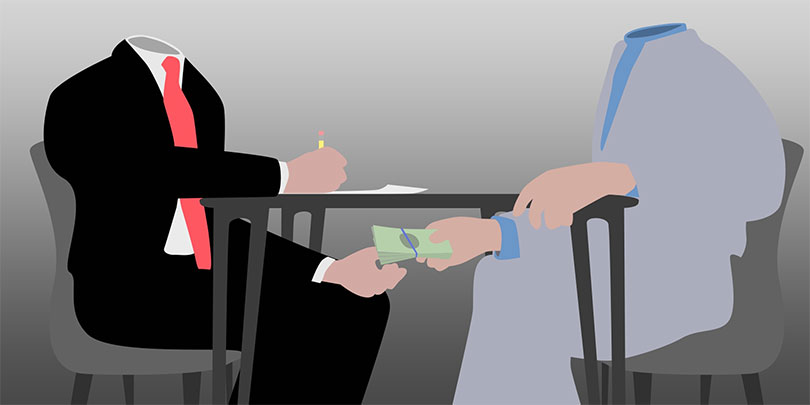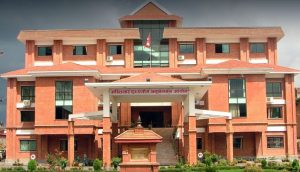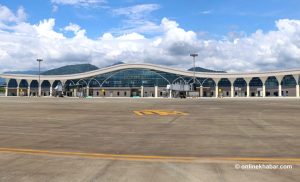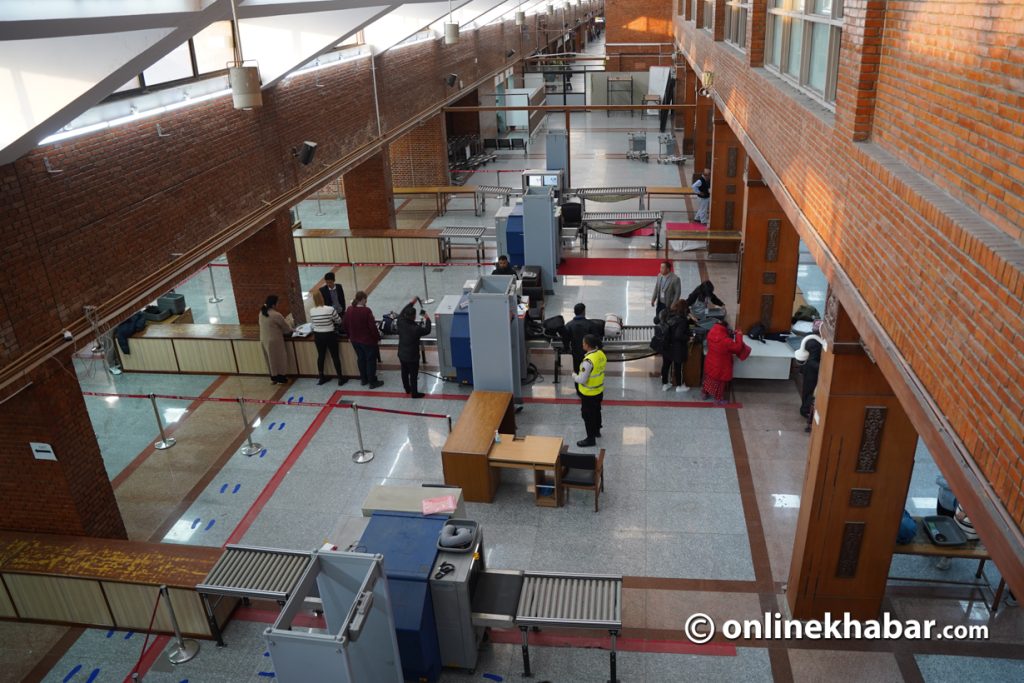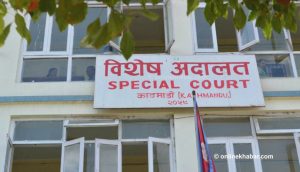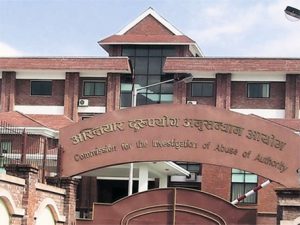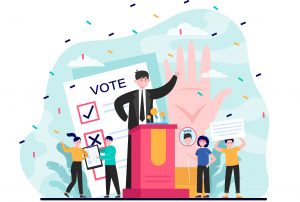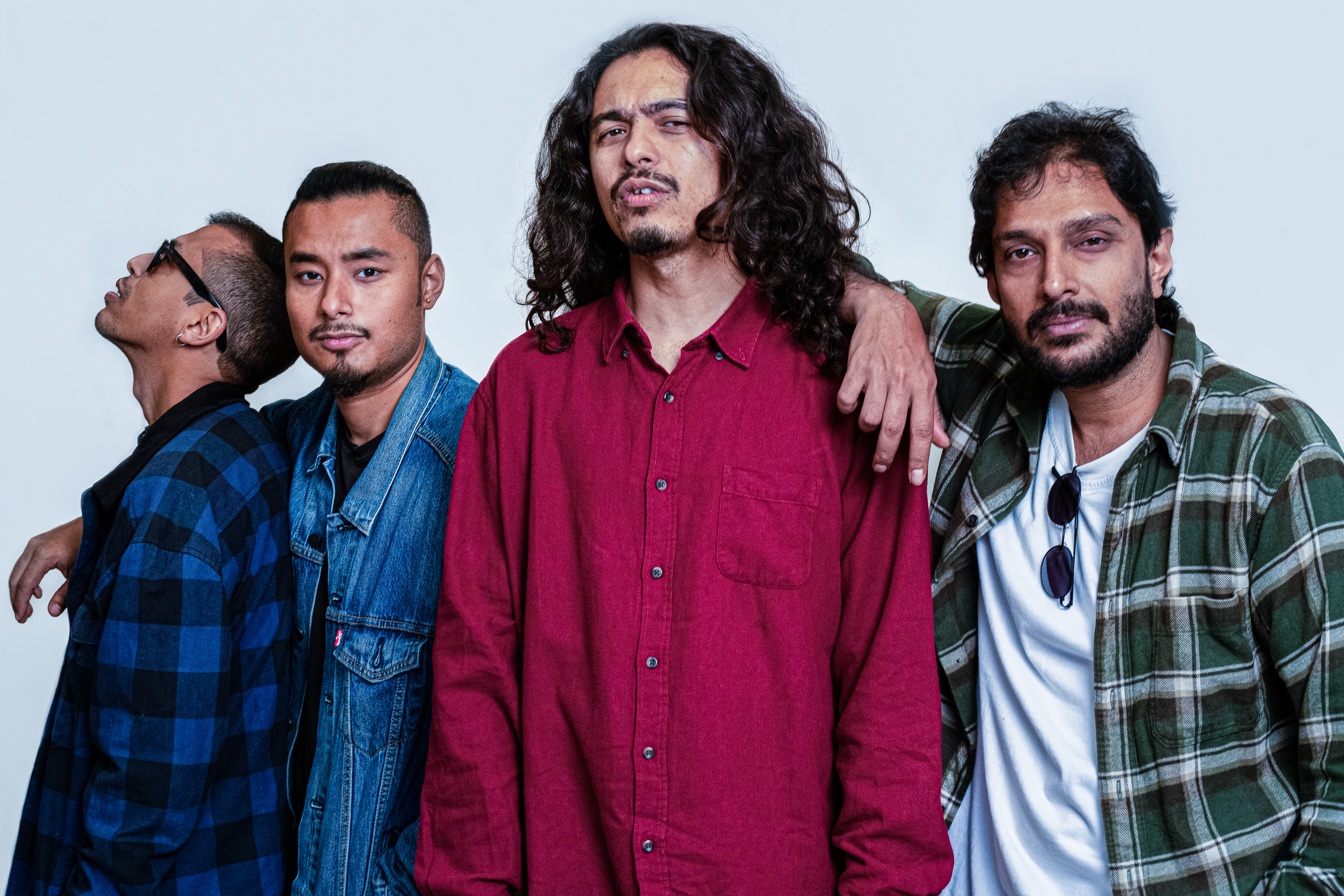Corruption, generally defined as the ‘abuse of public office for a private gain against the public good’, is becoming so widespread in authoritarian regimes or young democracies compared to well-established democracies.
Forms of corruption vary. They include but are not confined to bribery, extortion, cronyism, nepotism, parochialism, patronage, influence peddling, graft, embezzlement, kickbacks, unholy alliance, involvement in organised crime, etc. Democracies may experience corruption when they lack transparency in political and campaign financing, have outdated laws on freedom of information, provide insufficient protection to whistleblowers or have unreliable media or if they have recently transitioned to democratic governance.
Different democratic systems could experience different forms and levels of corruption. While there are many factors at play when it comes to threats to democratic culture, corruption is a major factor. The Corruption Perceptions Index 2019 reveals that the continued failure of most countries to significantly control corruption is contributing to a crisis in democracy around the world. Various studies have shown that high levels of corruption undermine democracy.
Eight of the reasons why corruption grievously damages a democratic system and proves itself as the biggest threat to democracy are discussed in this essay.
1. Rule of elites: No power in the hand of people

As the matter of fact, the common form of corruption ‘state capture’ comes into existence in any system of governance when the state institutions, legislatures and even governing parties are owned by a political faction, small elites, a small number of companies or businessmen and women. These entities systemically channel national public resources for their own self-enrichment. They manipulate policies, laws and rules to their own advantage. Democratic institutions, laws and policies are manipulated in such a way that although corruption is taking place, it appears on the surface that outcomes were reached through ‘normal’ rules, procedures and processes. Hence, this kind of corruption undermines the power of ordinary citizens to influence decision and policy-making as decisions and policies have been bought by small elites. It undermines the legitimacy of governments and democratic values such as trust and tolerance.
2. State capture: Destruction of check and balance system

When corruption takes its roots into the democratic system, corrupt leaders may seek to prevent democratic checks and balances so that they can continue to remain in power unpunished. They often bypass formal institutions which are meant to enable transparency in government spending and other decisions, while oversight agencies and the judiciary may be politicised or left weak. For example, when the population of Venezuela started to demand reforms after years of economic decline and rising corruption, the response of the elites was the imprisonment of opponents, physical threats, and isolation to the world.
Political corruption leads to the repression of political opponents and the general police brutality upon the public and other political groups; justice is denied, and freedom is curtailed. It can even lead to the rise of dictatorship. As per Transparency International, such attacks against the courts and judiciary enable corruption and impunity and damage a fundamental pillar of democratic governance. When judicial bodies, watchdog institutions as well as neutralising bodies are captured, the rule of law turns into ‘rule by law’. As a result, the fabric of democracy is unwoven gradually.
3. Unfair election: Lack of representation of real sentiments of the public

In order to stay in power, corrupt leaders may seek to weaken democratic checks on their power, for example by constraining political competitions through electoral fraud, luring or threatening voters as well as purging the civil service and weakening regulatory agencies. The election procedure is tampered with; real sentiments of the public are curbed. Corruption breaks the link between collective decision making and people’s power to influence decisions normally through votes and participation, which is the very characteristic that defines democracy. These actions undermine democratic consolidation processes, preventing further democratisation of the system.
4. Loss of trust upon the government

Corrupt leaders are not really concerned with the rest of the population, or even their country. The increased corruption leads to declining trust in a system and the state. In a country with high corruption levels, the general public has no confidence in their politicians and civil servants. The public becomes cynical to the speech and deeds of all the political leaders and public officials, whether or not they are corrupt. With suspicion and even fears, the population cannot invest itself in voting, being involved in the civil society or participating in public debates. As a result, the culture of democracy begins to crumble.
5. Hindrance to development and lack of people’s interests in politics

Corruption makes the public reluctant to get involved in public issues. Corruption undermines the delivery of public services, slows economic growth and stunts development. The situation is so bad in the most corrupt countries that their populations endure insecurity, resource shortage, a weak and even absent state, poor infrastructures, declining health and low-quality education, retarded economic growth, lower foreign investments, etc. Corruption also lowers compliance with construction, environmental, or other regulations, reduces the quality of government services and infrastructure, and increases budgetary pressures on government. For a country to be a democracy, a minimum of public services is necessary. Without a good education, health and a measure of security, people’s participation in political debates is minimal.
6. Opportunism and authoritarianism

Transparency International argues corruption and social exclusion lead to popular disenchantment with traditional institutions. Citizens feel that the system is useless and think that the state is unable to address their main socio-economic concerns. The corrupted environment can create space for populist politicians. According to leading populism scholar, Jan-Werner Mueller, populist governance contains three main features: attempts to hijack established institutions, corruption and “mass clientelism”, and efforts to systematically suppress civil society. By claiming to derive authority directly from the people, they attempt to subvert democratic institutions that limit their power. Populists often taint their political competitors as a part of immoral corrupt elites. However, once in power, they often turn out to be more corrupt than the “elites” that they displaced. Some populist leaders who have come to power by capitalising on public disgust with corruption, ironically, now seek to undermine anti-corruption mechanisms and democratic institutions.
7. Risk of backsliding from democracy

Corruption undermines the popular belief in democracy as a credible governance system to regulate societal behaviours, conflicts and moral values. In the past two decades, we have witnessed democratic backsliding across the world, including in what were promising new democracies such as Turkey, Hungary and Poland. Of more than 60 countries which transitioned from an authoritarian rule to some form of democracy in the last quarter of the 20th century, half of them have seen their levels of democracy declined or even weakened; 21 of them have not made significant progress in their quality of democracy; five have declined from a classification of ‘free’ to ‘partly free’ while a further five have slid back to the authoritarian rule and are now rated as ‘not free’, according to Freedom House. Hence, corruption can lead to the failure of the democratic system and the takeover by the authoritarian rule or military coup.
8. Conflicts and social disorders

Corruption breeds instability, violence and extremism. As the systemic corruption erodes the credibility and legitimacy of, trust in and support for democratic constitutions, institutions and laws, it leads to citizens looking towards alternative governance systems to regulate their lives, whether religious and traditional fundamentalism, gangsterism and populism. Those marginalised because of corruption seek answers in violence, religious, ethnic and political extremism. We have enough evidence of systems overthrown by citizens outraged by extravagant levels of corruption. For instance, some years ago, almost half of Brazilians were in favour of restoring a military junta if corrupt politicians were not punished by the judiciary. Later, less than half of the country’s population believed that democracy to be preferable to any other form of government. This declining trust in institutions led Brazilians to consider their alternatives and they turned, in vast numbers, to Jair Bolsonaro, who had praised military rule.
Corruption is the biggest threat to the democratic system and culture. Therefore, necessary precautions and actions should be taken before the corrupt culture becomes normalised and institutionalised in our country. The most effective measure would be the development of the sense of integrity towards the nation and the public. Likewise, the creation of strong watchdogs such as the Commission for the Investigation of Abuse of Authority, Transparency International, and the National Human Rights Commission is crucial. Another measure that plays a vital role to check corruption would be security and awards to whistleblowers. Last but not the least, the appointment of the competent and honest candidates for public offices, and strict punishment to the corrupted leaders, officials, firms as well as institutions is the most for creating a corruption-free society.



